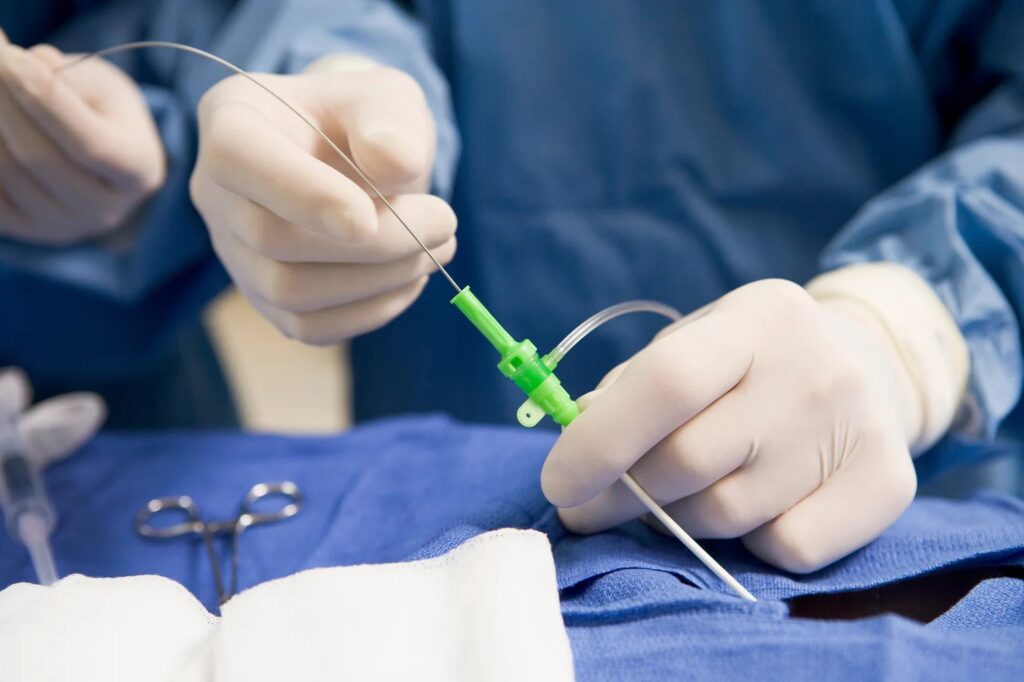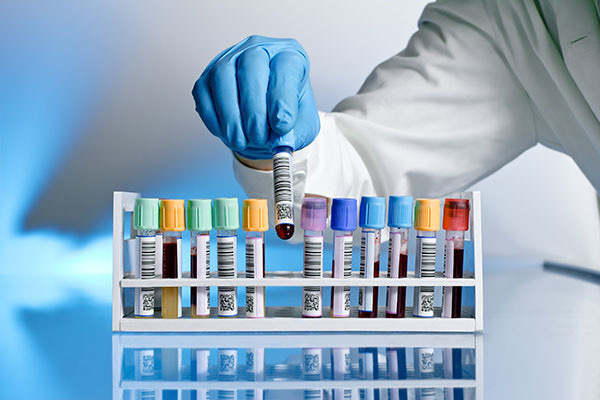The Unnecessary Cost of Cardiac Catheterization
< back to the blog
Updated: Oct 17, 2022
Fear of heart problems are justified as heart disease remains the #1 killer in the US. However, research published over the past decade has shown that patients are recommended to get invasive treatments too often.
Researchers from Duke University found that nearly two-thirds of patients undergoing procedures did not have significant heart artery disease.

Cardiac catheterizations are one of the most widely performed procedures, with over 1M procedures performed each year in the US, primarily to diagnose patients with suspected or confirmed coronary heart disease and other related disorders.
Cardiac catheterizations have saved countless lives. Doctors use a cardiac catheterization procedure to identify significant blockages in the arteries that deliver blood to the heart. Identification of a blockage is necessary to determine whether treatment to open the blockages are necessary. The sooner a blockage is opened, the less likely damage can occur to your heart muscle.
Angioplasties are procedures using a catheter with a balloon to help open the heart artery that is blocked. Following the opening of the heart artery, a stent is often inserted to keep the artery open. Stents are one of the most common procedures done following cardiac catheterization to open a blocked artery, with roughly 600k procedures performed annually.
An Angioplasty, with or without stent placement, can relieve chest pain, also referred to as angina. Patients with unstable angina reap more symptom relief from angioplasty than from drug treatment. However, in chronic, stable heart-disease patients, studies show drug treatment works as well as angioplasty.
Angioplasties cost our healthcare system over $12B annually.
The average cost for cardiac catheterization per patient is $11 – $41k, depending on the type of stent and the length of the hospital stay.
Patients with insurance will have a deductible to meet, plus pay 10-20% of the total bill for the procedure.
Stratifying patient risk is essential to determine which patients are at a higher risk of having significant heart artery disease and therefore appropriately referred for cardiac catheterization.
The good news is that with the recent general awareness of overuse, invasive cariology procedures have become less common in stable patients.
Stratifying patient risk is essential to determine which patients are truly in danger.
New diagnostic testing options using AI-driven algorithms with multiple proteins are providing physicians with valuable insights to assess patient risk.
Prevencio’s low-cost HART cardiac blood tests are one of these tools, potentially providing long-term healthcare cost savings.
Prevencio is revolutionizing cardiovascular care with affordable, accessible, and highly accurate diagnostic testing.
Prevencio’s HART AI-driven blood tests are a breakthrough in cardiac care and prevention, employing AI to produce test panels of multiple proteins and clinical variables, combined with an algorithm to create a cardiovascular score.
To learn more or order test kits, visit prevenciomed.com, or call (425) 576-1200.


